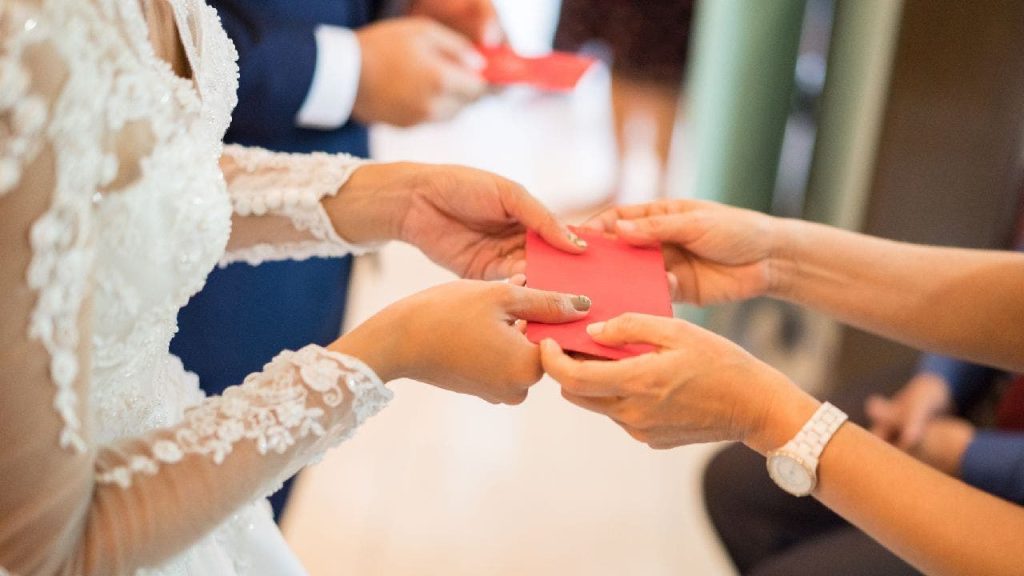Social media platforms are filled with posts about receiving unwanted gifts, especially as graduation, wedding season, Mother’s Day, and Father’s Day approach. This raises the question of what to do when faced with a gift you don’t want or need, as well as how to handle giving gifts that may or may not be well-received. Experts provide guidance on navigating these tricky etiquette situations.
Kimberly Best, owner of Best Conflict Solutions, LLC, emphasizes the importance of understanding the purpose of gifting. A true gift is given selflessly, without any expectations or benefits to the giver. Contingencies attached to a gift turn it into a tool rather than a genuine gesture. Best encourages gift-givers to reflect on their reasons for giving – whether it is for themselves or for the recipient.
Relationship expert Nicole Moore stresses the importance of being appreciative regardless of whether the gift is desired. Gifts should always be treated as a nice surprise to be appreciated, rather than expected. Moore warns against behaving in an entitled manner when faced with a gift that doesn’t meet expectations. Laura Windsor, founder of the Laura Windsor Etiquette Academy, echoes this sentiment, advising against showing disappointment or distaste. Including a gift receipt allows recipients to exchange the gift if necessary.
When faced with unwanted gifts, Moore suggests expressing gratitude for the gesture while politely sharing that the gift may not suit your needs or preferences. Most gift-givers will be open to accommodating the recipient’s wishes. Best emphasizes the importance of allowing recipients to make decisions about their gifts and potentially exchanging them for something they will enjoy. Honesty and open communication are key to maintaining strong relationships.
As gift-givers, it is important to consider the recipient’s preferences and tastes when selecting a gift. Thoughtfulness and consideration are crucial in ensuring that the gift is well-received. Windsor suggests including a gift receipt to give recipients the option to exchange the gift if necessary. Ultimately, the goal of gift-giving is to show affection, gratitude, or esteem for the recipient.
Navigating gift-giving and receiving etiquette can be a delicate balance, especially during occasions such as graduations, weddings, and holidays. By approaching the situation with appreciation, open communication, and a willingness to accommodate preferences, individuals can navigate these potentially awkward situations with grace. The key is to remember the true purpose of gift-giving – to show appreciation and love for others.


